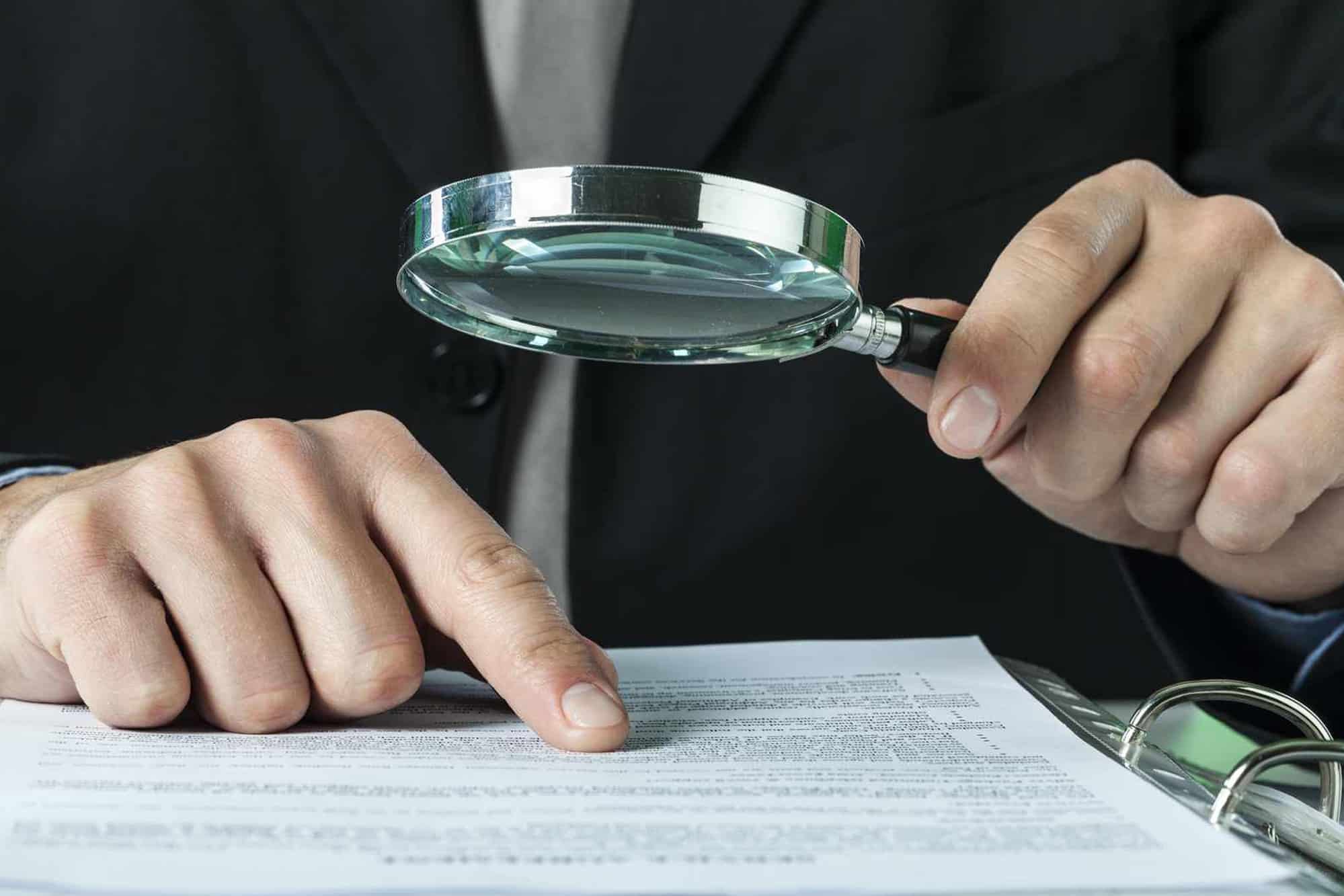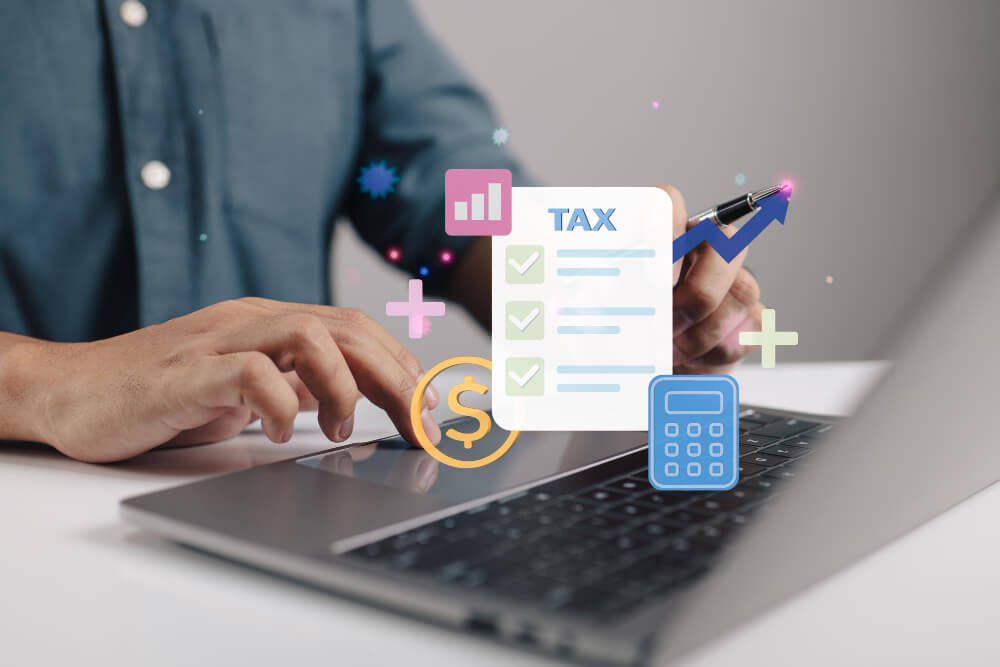
Service Spectrum
Flyingcolour® Tax Consultant and J N J Auditing LLC provide accounting and bookkeeping services, tax related services, auditing, economic substance regulation (ESR) services, anti-money laundering compliance services, tax residency certificate assistance, payroll services, excise tax services, other compliance, and CFO services, etc. through our team of experienced professionals. We cover comprehensive and customized packages tailored to your specific requirements.

